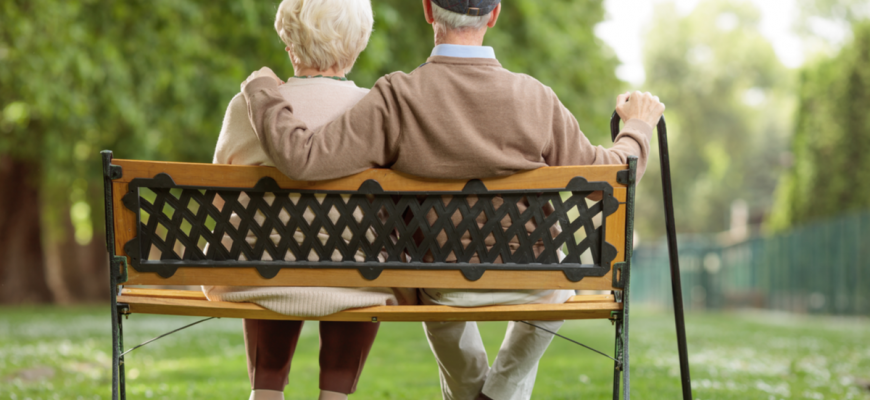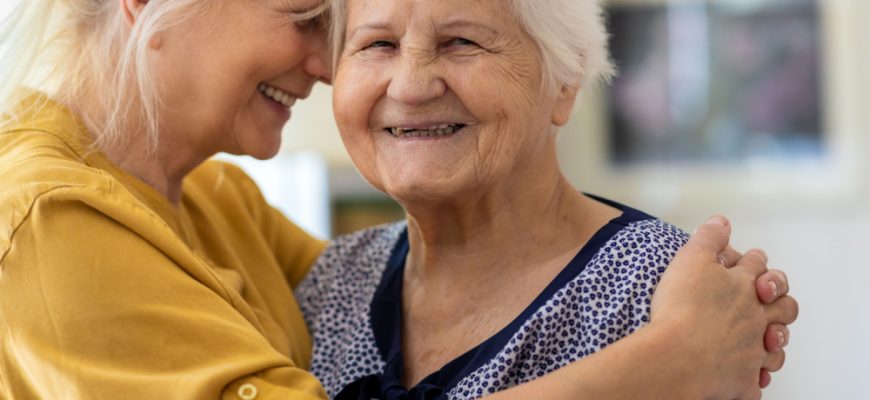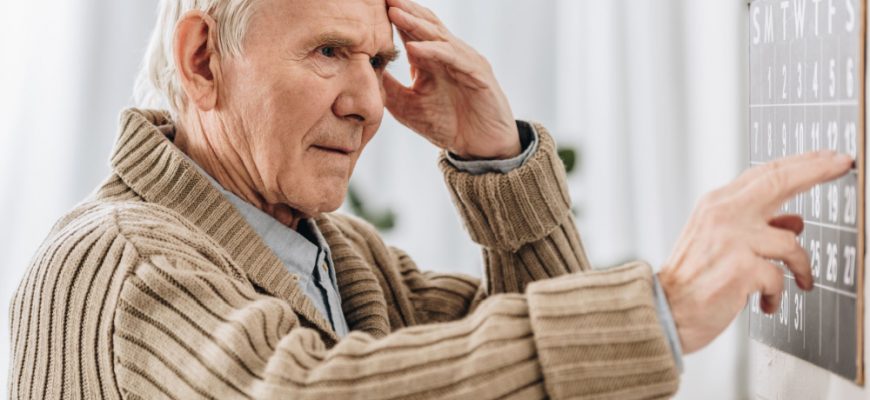Tag Archives: Eldercare

Can Seniors Stop Paying Credit Cards And Debts?
A study by The Senior Citizens League found that seniors owe money on their credit cards in 43% of older homes. So can they stop paying bills? Find out how to protect your elderly parents from debt, no matter if they live alone or in an assisted living facility, and how to help them manage their credit card debt. Why Old Debts Shouldn’t Worry Seniors? As a senior, you shouldn’t worry about credit card debt. Most older people get their income from Social Security, retirement benefits, or other funds that cannot be taken away. Debt collectors cannot seize these funds. Just because it’s judgment free doesn’t mean debt collectors will automatically forgive your debts. Often, family members would take advantage of elderly people by using their credit cards to pay off their family member’s debt. It is important for older people to discuss their debts with their families before getting a cosigner or making other similar plans. After all, the senior will have to pay the bill. Ways To Manage Debt: How Can Older People Get Out Of It? Here are some ways for older people to pay down their credit card bills: Balance Transfer Credit Card: With this card, you can consolidate all of your debt into one account and make one monthly payment. Payment Of Debt: Outside assistance is often helpful. A debt broker can talk to creditors about a payment amount that everyone agrees on. The senior might then pay the bill. Loan Terms: You don’t have […]
Read More
Living In Assisted Living Facility: Methods For Increasing Appetite In The Elderly
Assisted Living Facility, Methods for Increasing Appetite It is crucial to keep trying to get the elderly residing at assisted living facility to eat even if they don’t want to. Elderly folks can boost their appetite in several ways. In this article, we’ll examine the causes of elderly people losing their appetites, natural appetite stimulants, and ways of doing so recommended by geriatric experts. Causes Of Appetite Loss In The Elderly Gum illness Thyroid conditions Throat and mouth infections Parkinson’s and Alzheimer’ disease Cancer Issues with the salivary glands Medication adverse symptoms, like a metallic aftertaste or dry mouth Inadequate exercise Dehydration Lack of a mealtime schedule on a daily basis Taste loss brought on by aging Issues with swallowing, chewing, or independently eating Sensitivity to certain food scents that can make you feel sick General sense of being powerless over one’s life Depression and loneliness Overall negative emotions throughout mealtimes We shall discuss how to boost the appetite in the elderly in the next two sections. Foods For Older People Who Don’t Like To Eat Finding foods to satisfy an elderly person’s appetite can be a straightforward treatment for loss of appetite. Several foods are: Chicken nuggets, fish sticks, steaming or raw veggies, and meatballs are examples of finger foods. String cheese or cheese sticks Full-fat or calcium-rich yogurt Lean proteins such as lentils, beans, and peas Sliced thinly or ground meat Whole milk or milk with chocolate Chopped fruit Crackers with cheese or peanut butter Healthy smoothies or […]
Read More
Benefits of Strong Friendships in Assisted Living Facility
As we age, our health and well-being become increasingly important. While there are many habits we can develop to promote healthy aging, one key aspect is developing strong relationships with our peers. This article will examine the benefits of assisted living and the ways in which senior friendships promote healthy aging. Benefits Of Assisted Living Increased social interaction: Living in an assisted living community provides seniors with numerous opportunities for social interaction and engagement. This can include participating in recreational activities, attending events and programs, and simply enjoying the company of others. These social interactions have been shown to have numerous benefits for seniors, including reducing stress and anxiety, improving mental and physical health, and reducing the risk of depression. Improved safety and security: Assisted living communities are designed to provide a safe and secure environment for seniors. This includes 24-hour monitoring and emergency response systems, as well as staff who are trained to provide assistance with activities of daily living. This peace of mind can help seniors feel more relaxed and secure, which in turn can improve their overall health and well-being. Access to health and wellness services: Many assisted living communities offer on-site health and wellness services, such as physical therapy and wellness programs. These services can help seniors maintain their physical health and mobility, which can help prevent falls and other health issues. Additionally, many assisted living communities also provide access to health care providers, making it easier for seniors to receive the medical care they need. […]
Read More
Caregiving Basics For Family Caregivers
Statistics show that many US citizens coping with illnesses, disabilities, and chronic conditions depend on family members, neighbors, or friends to get by. Caregiving is an important part of our lives and a recent study reveals that an estimated thirty-four million people have served as unpaid caregivers in the last year. Among many other things, family caregivers should learn to manage medications, talk to healthcare providers on their behalf, help them bathe or get dressed and take care of household tasks, meal preparation, finances, and more. As a senior care facility, we share a guide to help you prepare for managing the daily activities of a senior who is unable to care for himself or herself. Professional Vs. Family Care When faced with the duty of caring for someone else, your initial thought can be, “I’ll handle it myself.” However, going the DIY route has a number of personal sacrifices and financial dangers, like missed payments if you completely leave the workforce as well as reduced pension and Social Security benefits. But, you might not be in a situation to opt for professional caregiving as it can be extremely expensive. Are You Prepared To Provide Care? Nobody will blame you if you’re not ready to be a caretaker since the majority of Americans aren’t. Many people are unpreparedly put into this duty, which leaves them feeling overwhelmed. It pays to consider your alternatives for providing care and make plans for possible scenarios. If you are thinking about working as a […]
Read More
Dementia Symptoms And Gun Ownership In Seniors
Many Americans have at least one gun in their house. A gun can offer some seniors a sense of safety. There are others who use a gun as a tool for recreational shooting and hunting. However, among seniors suffering from dementia disorders, a gun can become a potentially dangerous and lethal weapon. This is why memory care experts advise monitoring a senior gun owner for symptoms of dementia. Our senior care experts share some of the important warning signs that you should look out for about dementia symptoms and gun ownership in seniors. Warning Signs To Look Out For A survey conducted in the 90s suggests that about sixty percent of people suffering from dementia have guns. Some of the important warning signs that your senior loved one should give up their guns are: Changes in behavior, mood or personality: Dementia is a disorder that can affect cognition and can change the way a person thinks. This means that if your senior loved one is suffering from dementia, he/she can become aggressive. This is especially true if the person is suffering from frontotemporal dementia. Therefore, a gun can be deadly in the hands of a person who is depressed, angry or aggressive. Attention problems: Various types of dementia disorders can compromise the attention of a person. When this happens, your senior loved one may forget where the gun is kept, forget to finish unloading the chamber of a gun, or may even forget how to use a gun. Difficulty managing […]
Read More
Finding Senior Living Facilities For Elderly Couples
The number of seniors who are married has increased in the past few decades, as per the US Census Bureau. Increased life expectancy, remarriage, and a decrease in the age gap between men and women are all reasons for this increase. This means that more and more families are now searching for senior living facilities that support the need of both parents. Senior living options for couples can vary depending on the requirements for care and the design of the community. Some of the most common scenarios that elderly couples face while looking for senior living options and a few possible solutions for the same are shared below. Both Of Your Senior Parents Care Needs Differ One of your elderly parents may require assistance with their daily living activities, while the other may be independent. Or one of the partners might be experiencing symptoms of dementia or other cognitive problems while the other may not have any cognitive problems. You are required to hunt for a community that can cater to the needs of both your parents. Many assisted facilities also have memory care facilities attached to them. If one of your senior parents shows signs of dementia, or if there is a family history of dementia, this can be a very good option. Some of the assisted living communities let the couples move to a memory care apartment together. However, as memory care and assisted living are not the same, a partner diagnosed with cognitive issues like dementia […]
Read More